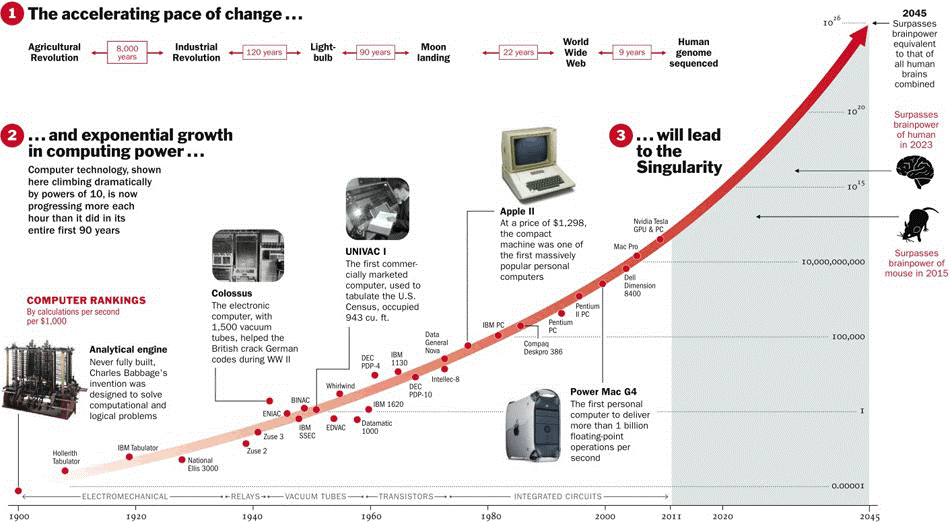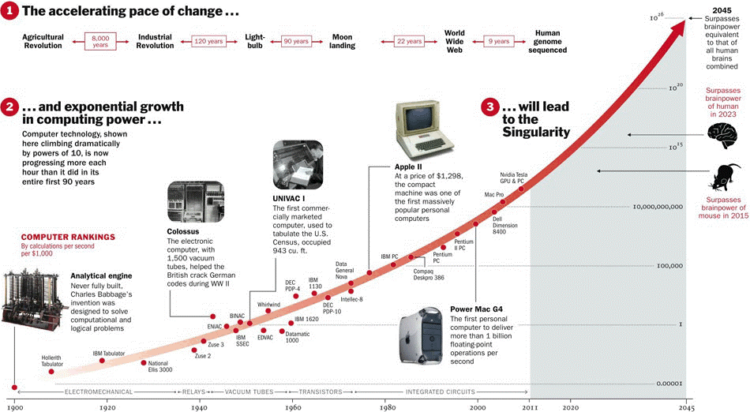“Enabling technologies” is a term that people rarely use when attempting to tell a grand and seductive story in the fashion world. Companies that create these lower level tech products, also known as General Purpose Technologies (GPT’s) are often cast into a hard tech corner. It’s one covered with poor branding and aesthetics, and ignored in many of the fashion industry’s conversations around the future. GPT are components like sensors, fabrics and micro-controllers that allow us to innovate in consumer facing ways. While Moore’s law shows exciting progress, there seems to be little correspondence with the necessary tools to develop the “soft technology” we dream of for our future.

Sensors have gotten extraordinarily small, but the equivalent of a textile PCB (printed circuit board) has yet to be imagined, and creating functional wearable tech, while still facing a “hard-soft barrier,” leaves our products feeling futuristic but unwearable. So what does this mean for the fashion and wearables industries and for the retailers who hope to sell them? It means that our ability to create the consumer wearables, and smart fashion that we want, is often limited by the enabling technologies that we rarely see.
“The Crated,” the name of our wearable tech consultancy, was inspired by that which is behind the scenes in the fashion space. Consumers rarely see the crate that shipped their garment, but that holding box and supply chain are all essential elements in developing successful retail shops and products. With this in mind, The Crated loves looking at enabling technologies that are often behind the scenes. Part of developing useful items is learning about what exists through experimentation, something at the ethos of our work. Many of our experiments are on textiles, but we’re excited to have just finished a lower level experiment that can now be seen on the littleBits bitlab. This “bit” or circuit module allows you to turn a circuit you’ve created into a gestural interface, controlling and triggering outputs with motion, acting as a GPT when it comes to prototyping circuits in the bitlab.
While it’s not at all industrial, we do hope that even a small contribution to lower levels of technological innovation can make a difference when it comes to what we see as important in the wearable space. While consumer products are wonderful, we hope to move forward towards a future where fashion celebrates the enabling tech that allows it to get to market as much as the final products we keep in our everyday lives.
Madison Maxey is the cofounder of CRATED, a collaborative product development studio that works with future-minded companies to bring enhanced apparel and wearable tech products to market.



